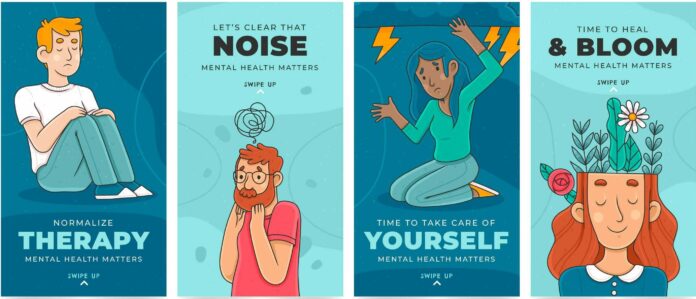Navigating the complexities of mental health can be very challenging, but with the right resources, it is possible to find support, understanding, and effective coping strategies. Books on mental health act as a valuable resource providing key insights, and guidance, and offering a sense of connection. The quest for support and comprehension in this enigmatic domain of mental health is akin to deciphering an elusive riddle. Yet, within the pages of the following books on mental health, we unearth the keys to unlock this enigma:
1. The Body Keeps the Score: Brain, Mind, and Body in the Healing of Trauma by Bessel van der Kolk
This is a groundbreaking book about psychological disorders giving the readers a deep-dive perspective about the profound impact of trauma on mind and body. Van der Kolk, a sage in his own right, offers a comprehensive understanding of the neuroscience of trauma and its effects on our emotional and physical well-being. He unveils various therapeutic approaches that integrate the mind and body, offering a holistic perspective on healing and recovery ( van der Kolk, 2015)
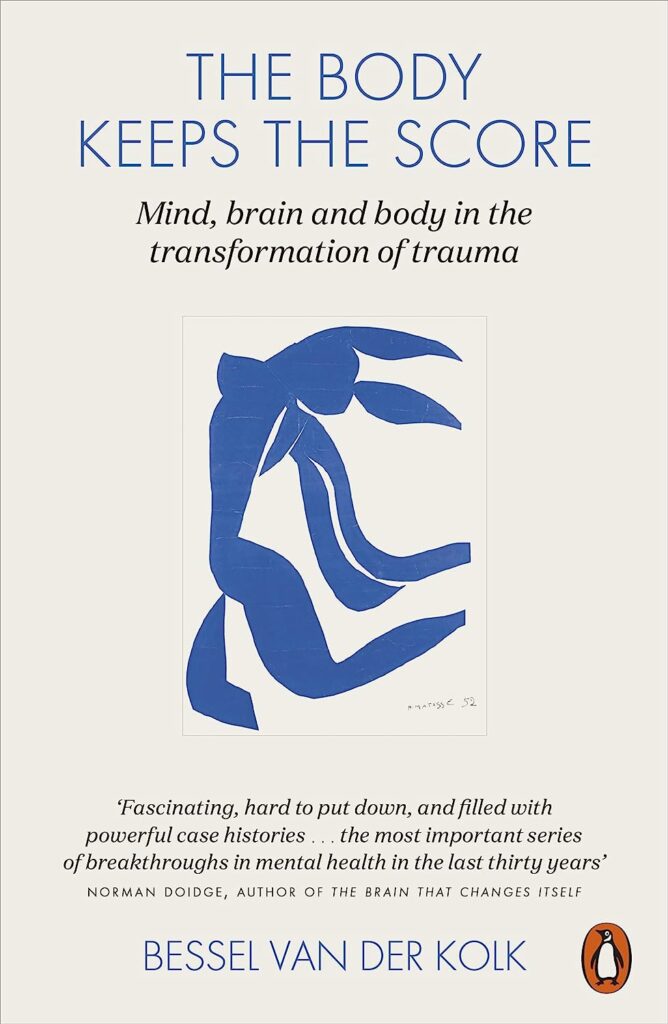
2. Lost Connections: Uncovering the Real Causes of Depression – and the Unexpected Solutions by Johann Hari
This is a thought-provoking book about mental health. Hari, the iconoclast, casts aside the conventional notion of depression, exposing its roots not just in chemical imbalances but also in the intricate web of societal and environmental factors. His exploration reveals a panorama of disconnection and purposelessness, offering a novel perspective on depression’s palliative measures (Hari, 2018).

3. Maybe You Should Talk to Someone: A Therapist, Her Therapist, and Our Lives Revealed by Lori Gottlieb
This book about psychological disorders is an insightful memoir that follows Lori Gottilieb’s own journey as she seeks therapy herself. It offers a unique experience to the readers as it illuminates the labyrinthine therapeutic process from a dual perspective. That of a therapist and the patient. Gottlieb’s personal experiences and interactions with her patients offer relatable stories and valuable insights into the human psyche (Gottlieb, 2019).
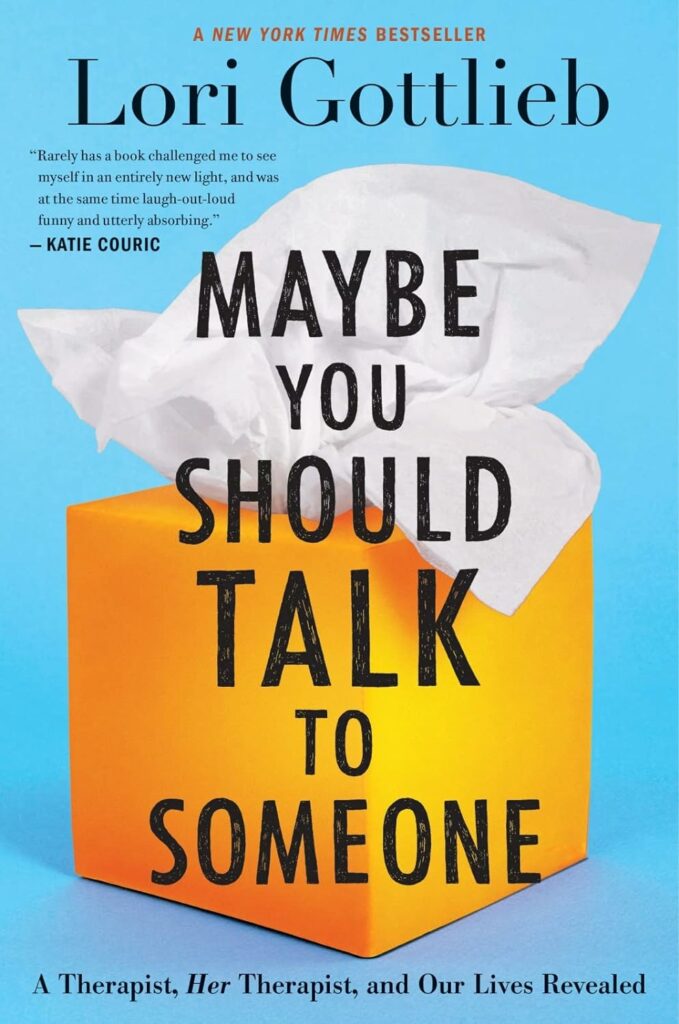
4. Burnout: The Secret to Unlocking the Stress Cycle by Emily Nagoski and Amelia Nagoski
This is a ground-breaking behavioural health book, where the Nagoski sisters delve into the reasons behind a woman experiencing burnout differently than a man. They dissect the physiology of stress and unveil pragmatic strategies for harnessing energy, nurturing resilience, and shattering the chains of chronic burnout (Nagoski & Nagoski 2020).
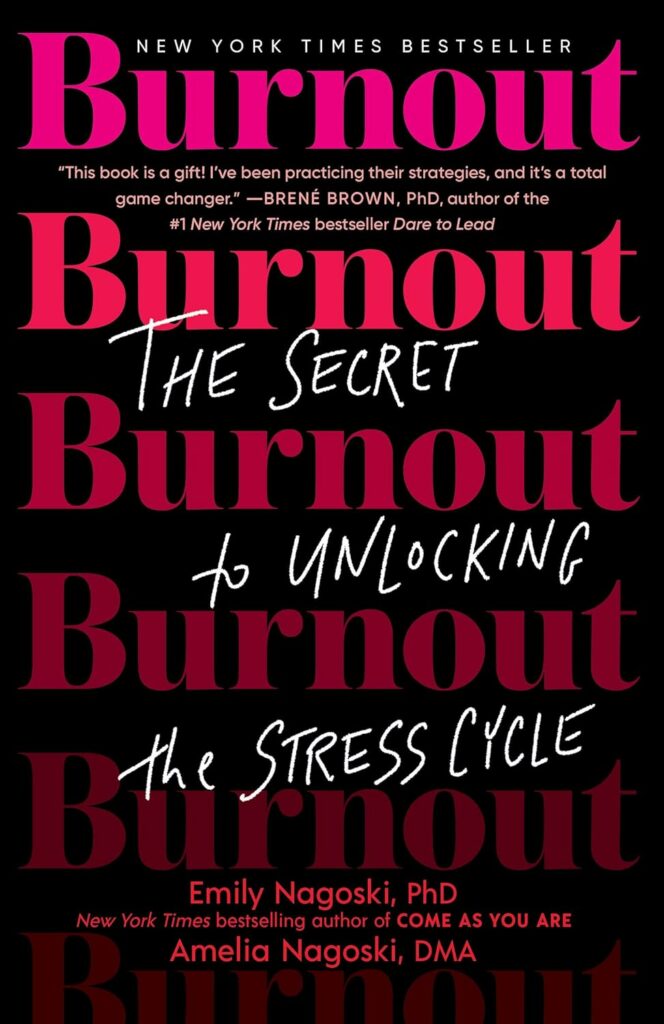
5. Furiously Happy: A Funny Book About Horrible Things by Jenny Lawson
This humorous and heartwarming book about mental illness offers a relatable and uplifting perspective on the challenges of living with depression and anxiety. This memoir offers readers a fearless expedition, where the author shares her battles with depression, anxiety, and other mental afflictions, with a refreshing dose of wit and self-acceptance (Lawson, 2017).
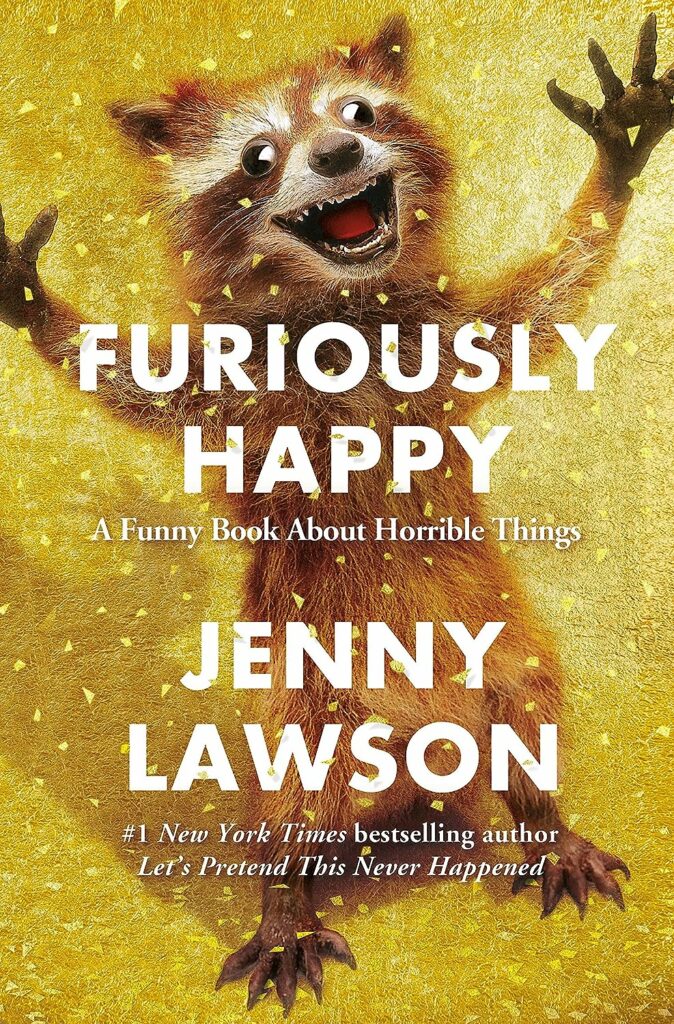
6. The Mindful Way Through Depression: Freeing Yourself from Chronic Unhappiness by Mark Williams
This is a step-by-step practical guide book about mental health, for mindfulness-based cognitive therapy (MBCT) to break the cycle of chronic depression. The book describes mindfulness techniques, revealing the path toward heightened self-awareness, emotional equilibrium, and resilience (Williams, 2015).
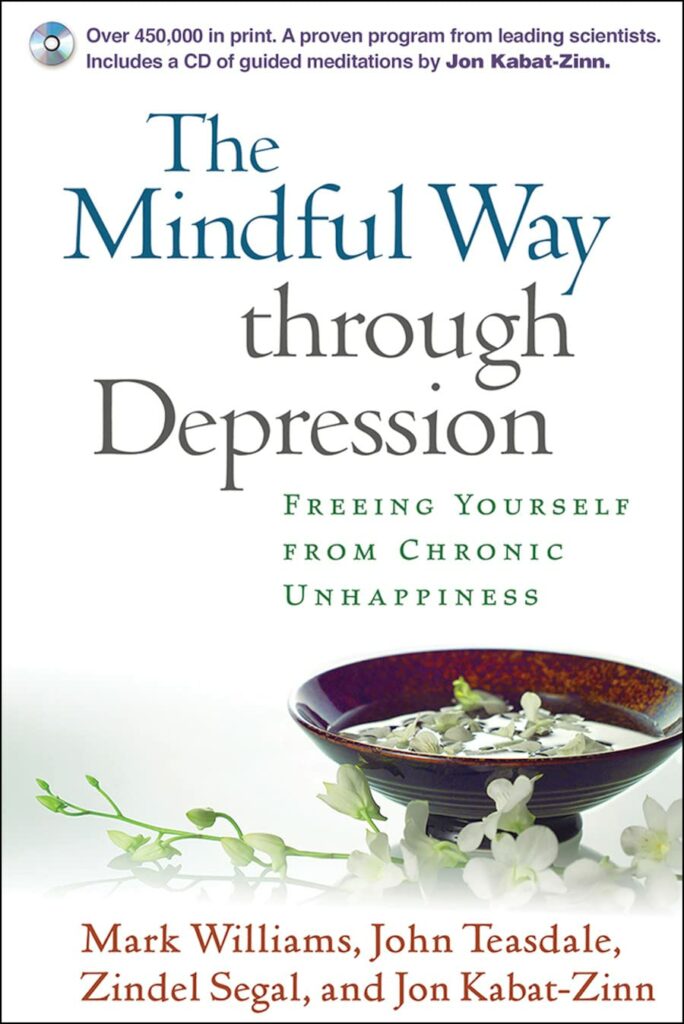
7. The Upward Spiral: Using Neuroscience to Reverse the Course of Depression by Alex Korb
In this book on mental illness, a neuroscientist demystifies the connections between the neurological processes of the brain and depression. Alex gave practical approaches to break the negative thought patterns and cultivate positive neural pathways. His scientific blueprint empowers the readers to seize command of their mental health (Korb, 2015).
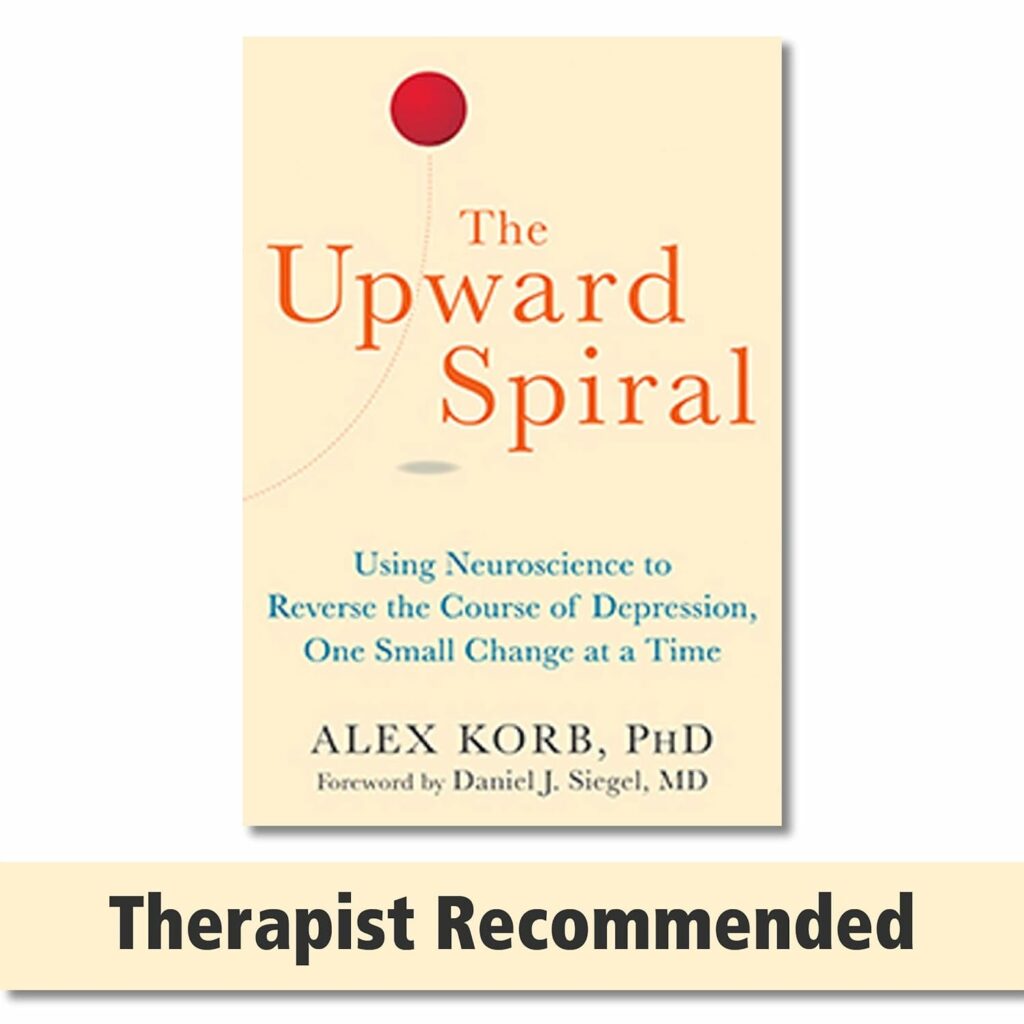
8. “Quiet: The Power of Introverts in a World That Can’t Stop Talking” by Susan Cain
In this behavioural health book, Susan Cain celebrates the strengths and challenges of being an introvert in a society that often favours extroversion. Cain delves into the distinctive attributes of introverts and their significant contributions to the world. The book imparts a resounding message of self-acknowledgement and fortitude (Cain, 2013).
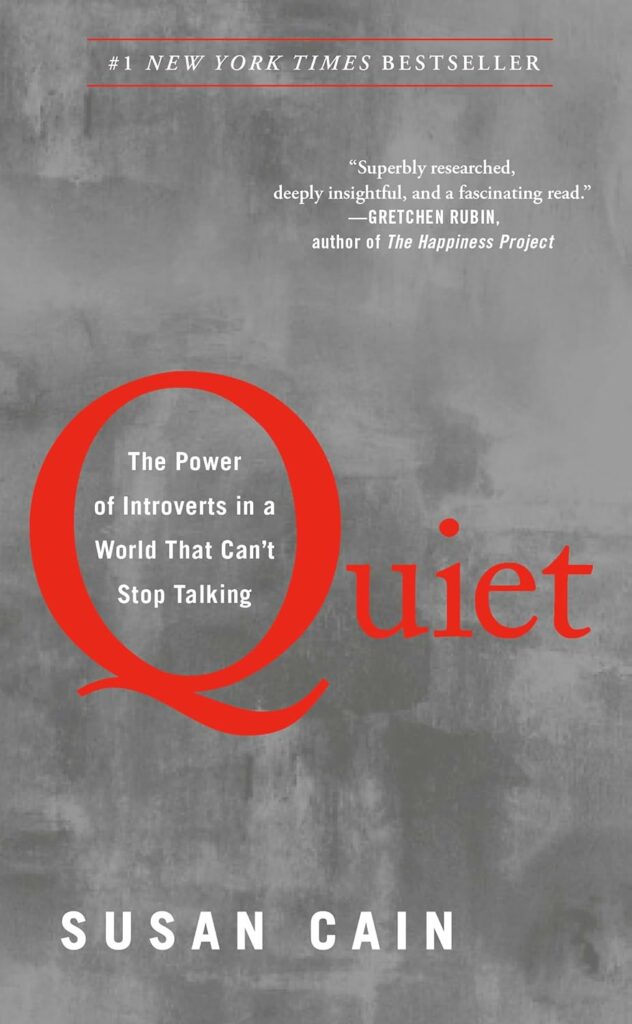
9. My Age of Anxiety: Fear, Hope, Dread, and the Search for Peace of Mind by Scott Stossel
In this book about mental illness, Scott Stossel, the editor of The Atlantic, leads readers through his personal labyrinth of anxiety, offering an intimate glimpse into his victories and tribulations. Stossel explores the history, science and cultural factors of anxiety, offering a deep insight into the prevalent mental health condition (Stossel, 2013).
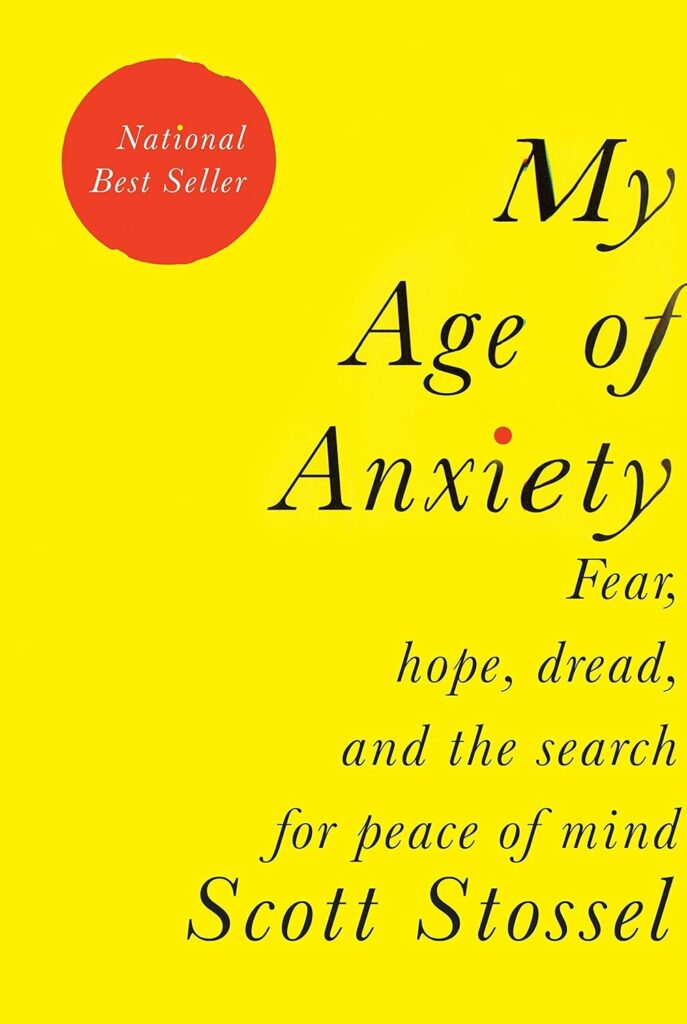
10. The Noonday Demon: An Atlas of Depression by Andrew Solomon
In this Pulitzer-winning book on mental health, Andrew Solomon takes readers on a profound odyssey through the fathomless abyss of depression. He unites personal anecdotes, scientific inquiry, and cultural perspectives to construct a panoramic, compassionate understanding of this formidable adversary (Solomon, 2015).
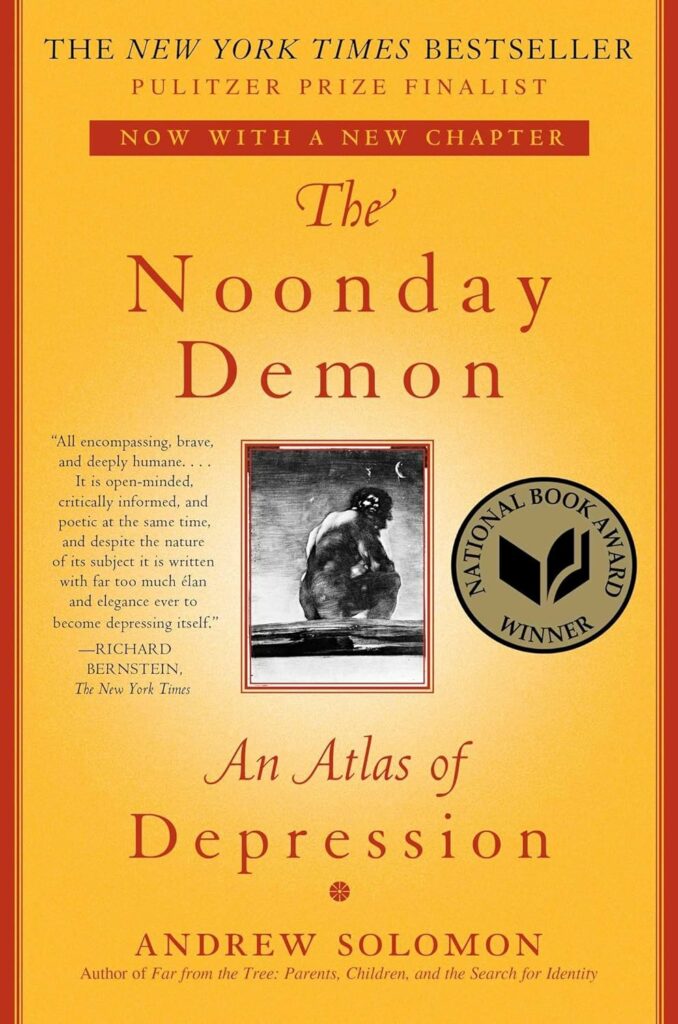
These ten books on mental health are literary gems. They offer a lifeline to anyone looking for insight, direction, and fellowship in the ever-mysterious field of mental health. These books on mental health provide practical coping strategies and promote self-awareness and personal growth. Whether someone is seeking to understand his/her own mental health or provide support to someone else, these books can be a powerful tool to foster empathy, resilience, and overall well-being.





